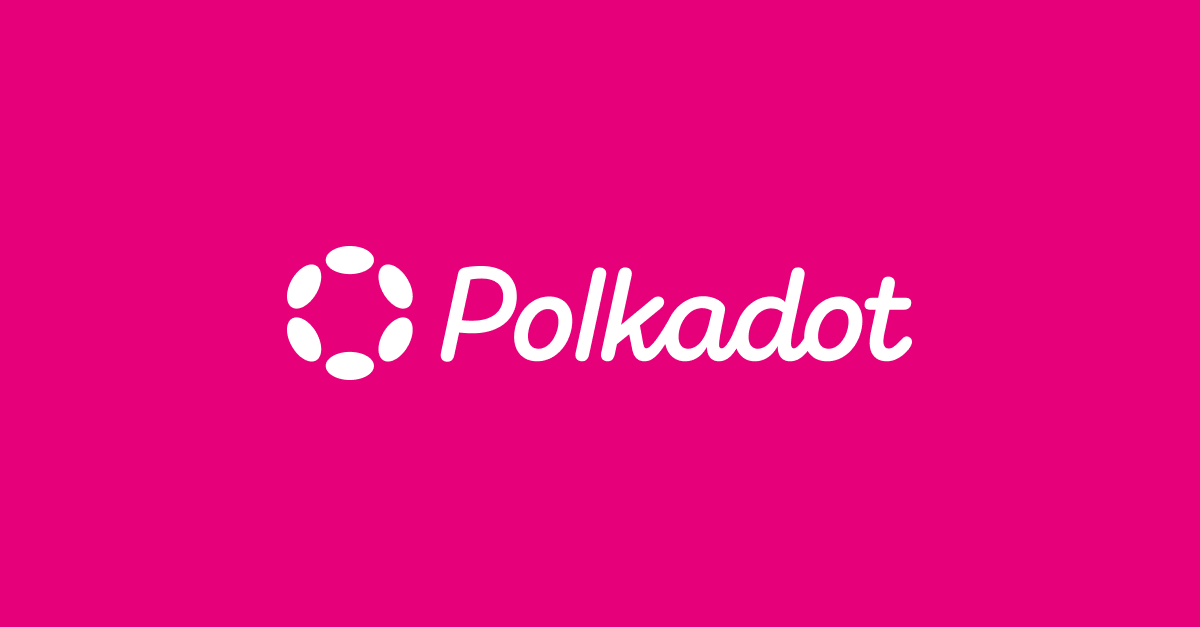Revolutionizing the Stock Market: Exploring the Best Protocols for Tokenization

The implementation of tokenized stocks using blockchain technology is proving revolutionary in transforming traditional finance industry practices today. By digitizing traditional stocks on decentralized platforms; tokenization offers increased liquidity levels, fractional ownership structures & transparency advantages which this study seeks to explore further by analyzing the right protocols suitable for launching a seamless tokenized stock exchange platform.
Critical factors including scalability issues around throughput volumes underpinning DApp transactional processing performance optimizations need careful analysis before finalizing a suitable protocol.
Interoperability between proprietary stock chains is another crucial aspect being carefully scrutinized, together with regulatory compliance, cybersecurity considerations & other essential parameters necessary for ensuring a successful deployment of a tokenized stock exchange platform.
We will evaluate several market-leading protocols such as Ethereum Layer-2 solutions (zk-rollups), Polkadot, Synthetix, UMA, Injective & dYdX for this comprehensive assessment. Ethereum offers scalable solutions to handle transactional volumetric challenges with its various smart contract-based Layer-2 scaling options under the zk-rollup umbrella.
These roll-ups ensure inter-compatibility as they leverage existing Ethereum infrastructure while coupling that compatibility with security-enhancing zero-knowledge proof mechanisms vital in maintaining data integrity and transactional validity.

Polkadot's multi-chain architecture stands out for its innovative approach to handling DApp interoperability by introducing seamless interfaces between parachains irrespective of ownership status. This programmatic capability offers the needed flexibility and customization that can accommodate Esoteric stock market functions like required dividend distribution management tools integrated within its shared security & governance framework.
Outside of Etherum & Polkadot, established protocols like Synthetix UMA Injective and dYdX fetch prominent mentions within the permissionless open-source DeFi ecosystem; each boasting unique features evaluated against individual suitability for deploying suitable tokenization-based trading system platforms.
When evaluating potential protocols for globally implementing tokenized stock markets, there are several critical factors to consider. Although various functionalities are available through different platforms which could prove valuable within their own domains contributing towards DeFi landscape; some might fall short in terms of providing needed levels of scalability or interoperability required in practice.
Comparing these platforms presents distinctive advantages as well as drawbacks from one another’s perspective: while both zk-rollups and Polkadot can handle high transaction volumes, Polkadot's built-in interoperability for seamless integration with external networks and traditional financial systems stands out as a significant advantage.
For implementing a tokenized stock market, customization and flexibility hold essential value.

While zk-rollups leverage the Ethereum ecosystem with added customization options, Polkadot's dedicated parachains provide an unparalleled edge of flexibility when tailoring functionality to meet more specific stock market requirements.
When it comes to security guarantees, zk-rollups make use of zero-knowledge proofs while Polkadot has seen its shared security model along with robust governance interweave synergistically in ensuring overall security.
After careful evaluation of these protocols though, it becomes clear that Polkadot emerges as the most suitable platform for implementing globally scaled tokenized stock markets.
Its essential features such as interoperability, scalability, customization options and security ensure a favorable position. The creation of dedicated Parachains adds an unmatched level of convenience in integration towards external systems in particular alignment with the requirements of such global scaled applications.
Although protocols like zk-rollups offer unique advantages within DeFi ecosystem; they may not necessarily hit benchmark required for a widespread implementation alongside Interoperability needed for implementing practical use cases on the same level as seen by tokenized stock markets.

In conclusion, Polkadot is at present the preferred choice while paving way towards revolutionary development of decentralized finance from multi-chain architecture approach towards modernization in trading experiences across traditional assets. In light of today's rapidly-evolving crypto industry, Polkadot stands out for its ingrained spirit of innovation and revolutionary mindset - elements that have placed it ahead in transforming current trends within the stock market.